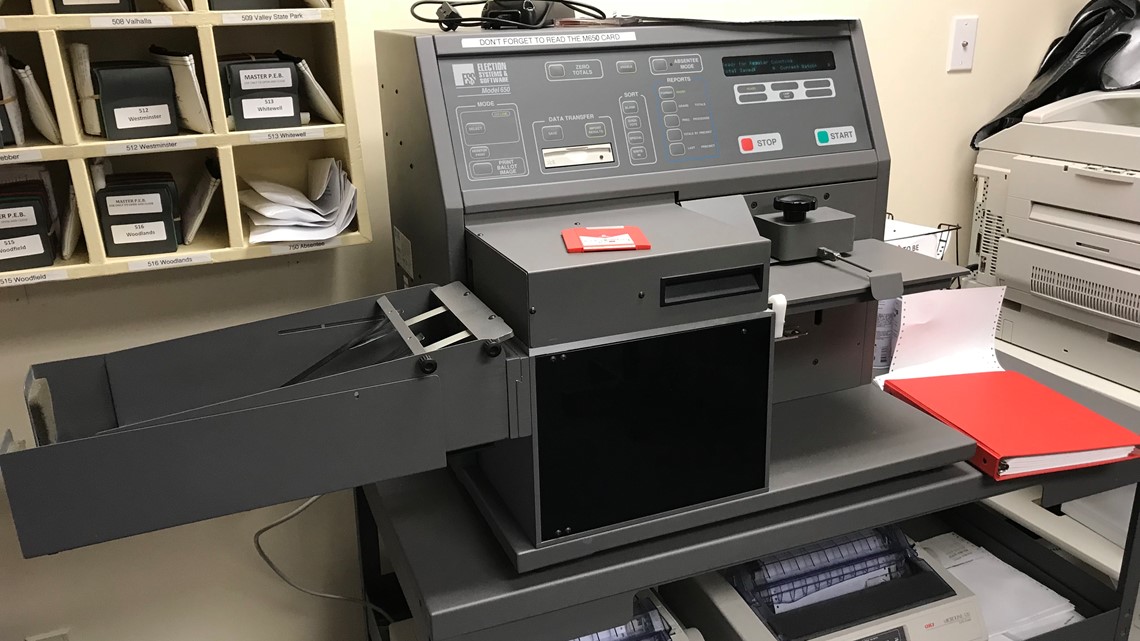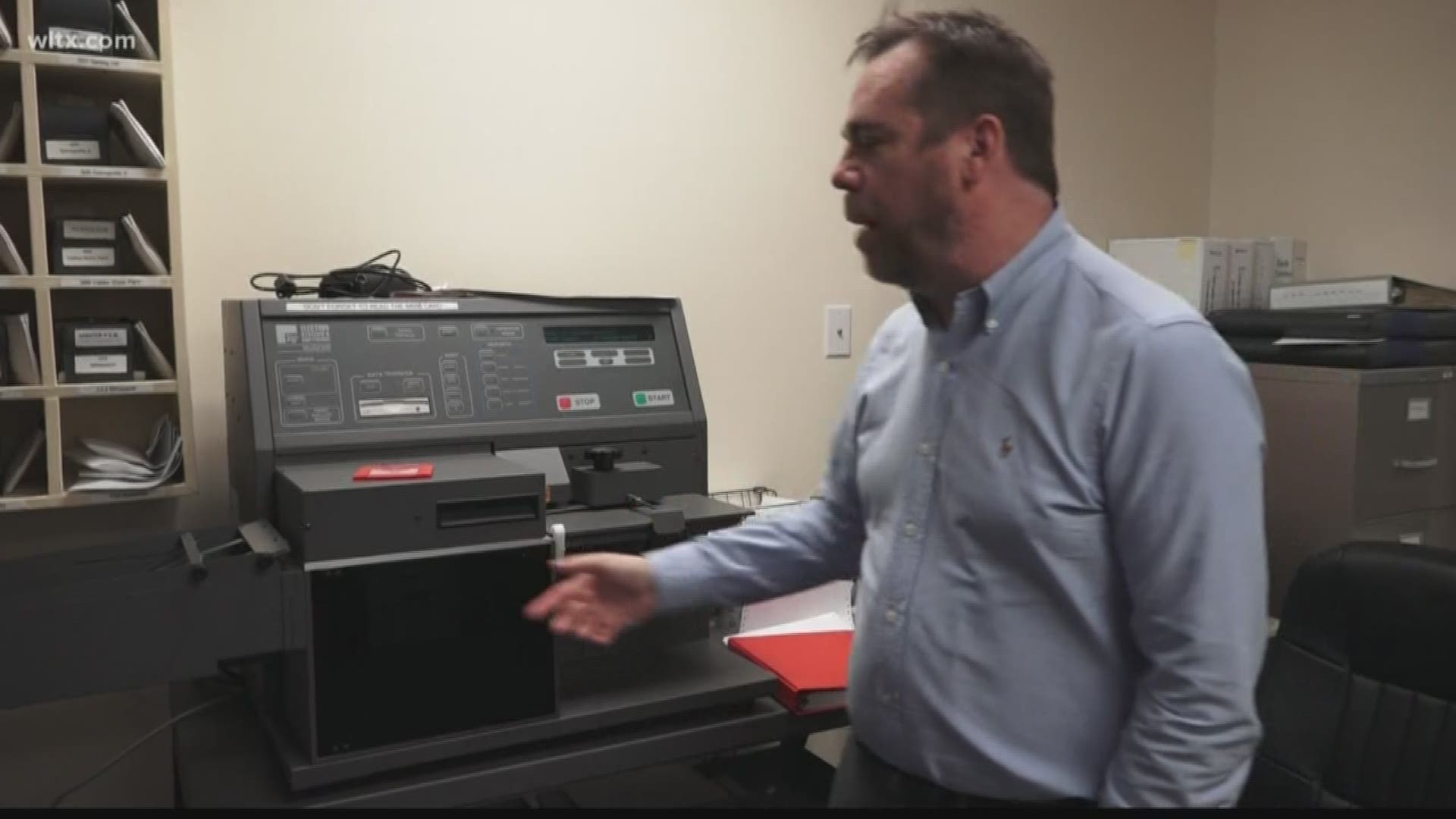Columbia, SC (WLTX) — Election day has come and gone, but not without voting machine problems in Richland County.
Not only were there issues for voters, but also issues for election staff trying to count votes.
At his election watch party on Tuesday night, South Carolina state senate candidate Dick Harpootlian made it clear he was not happy.
“Until the Richland County absentee ballots come in, we can't confirm that. So, I would encourage you to continue to drink, eat, and I'm going to go back over there and see if I can't influence somebody at the Richland County election commission to do their freaking job!” Harpootlian told the crowd.
Those were just some of the strong words Harpootlian had for Richland County as he waited on results Tuesday night, results that came in the early morning hours.
On Wednesday, County election director Rokey Suleman says the issue was a machine they’ve owned since 2004.
The absentee ballot-counting machine, a M650 scanner and the one machine responsible for counting the county's nearly 7-thousand absentee votes, broke several times Tuesday.


Suleman said other procedural issues Tuesday delayed their ability to start counting earlier in the day.
But, it's the outdated technology the machine still uses that's raising questions.
Like the tallying zip drive, which is technology similar to a floppy disc, just with more memory.
“[Votes are] recorded on 3.5-inch discs, and I mean the technology is old, and the machine was just-- it kept jamming the ballots as we were going through, and we had to stop and reprocess a ballot and send it through. It was just-- It was maddening,” Suleman said in front of the machine on Wednesday.
A red zip drive, similar in style and shape to a floppy disk, only thicker, is what is used to tally absentee votes.
The zip drive sends the tally to dot matrix printers that sit under the machine, which Suleman said is more evidence its time for these machines to go.
“The voting equipment is at the end of its life cycle,” he added.
The M650 is used in larger counties while a smaller M100 scanner is used in others, according to the State Election Commission.
Suleman said every 6th or 7th ballot that went through the machine caused a jam. It took more than six hours to tally 6,988 absentee votes, a job that should take 90 minutes, according to Suleman.
Elsewhere on Tuesday, some voters complained about issues with the touchscreen voting machines. In calls to WLTX, voters said the machines were ‘switching’ votes.
Suleman said that was a calibration issue with the touch screen, user error or confusion on straight ticket votes. Meaning, voters were confused when a straight ticket selection did not select non-partisan races or issues further down the ballot.
Overall, he says they did not have more complaints than other high-intensity elections, but the age of the machines was on display.
“We had machines that the batteries went out, we had machines were the power cords were failing,” Suleman said in his office Wednesday.
One machine at a Ridgeview polling place caught fire as they tried to fix the power cord, putting it out of service.
On Wednesday, the State Election Commission repeated its desire to replace the state’s voting infrastructure before 2020.

